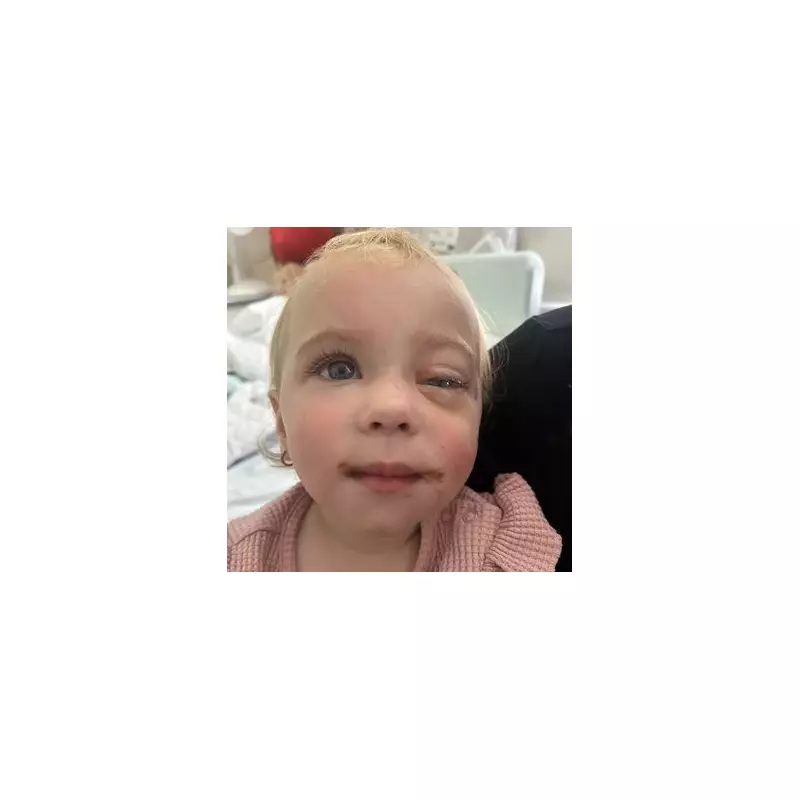
What began as a mother's concern over her baby's unexplained crying in the dark quickly spiralled into a parent's worst nightmare. Charlie Davies, from the UK, initially believed her six-month-old son, Arlo, had developed a sudden fear of the darkness. The reality was far more sinister.
The first signs were subtle. Young Arlo became unusually distressed whenever the lights were turned off. "I just thought he was scared of the dark," Charlie recounted. Her maternal instinct, however, told her something deeper was wrong. This wasn't typical behaviour.
A frantic rush to the hospital revealed the terrifying truth. Arlo wasn't suffering from a simple phobia; he was fighting for his life against a silent killer. Doctors delivered the devastating diagnosis: meningitis and sepsis.
A Race Against Time
Medical staff acted swiftly. Arlo was immediately placed on a course of strong antibiotics and fluids to combat the severe infection raging through his tiny body. The situation was critical.
"They said if I'd waited any longer, it could have been a completely different story," Charlie shared, the fear still palpable in her voice. Her decision to trust her instincts had saved her son's life.
The Crucial Symptoms Every Parent Must Recognise
Arlo's story is a powerful reminder of how quickly a seemingly minor concern can become a life-or-death emergency. Meningitis and sepsis are notorious for their rapid onset and non-specific early symptoms, which can easily be mistaken for less serious illnesses.
Key warning signs include:
- Unusual crying or moaning: A high-pitched or constant cry that sounds different from normal.
- Fever with cold hands and feet: A classic sign of sepsis.
- Lethargy and difficulty waking: The child becomes floppy and unresponsive.
- Rapid breathing or grunting: Signs of respiratory distress.
- Pale, blotchy, or blue skin: A clear indicator of poor circulation.
- A rash that does not fade under pressure: The famous "glass test" symptom.
Charlie's message to other parents is simple and urgent: "Don't second guess yourself. If you think something is wrong, get it checked out. It's better to be safe than sorry."
Thankfully, after a harrowing period of treatment, little Arlo made a full recovery. His family's story now serves as a vital warning, highlighting the importance of recognising the subtle signs of severe infection and acting without delay.





